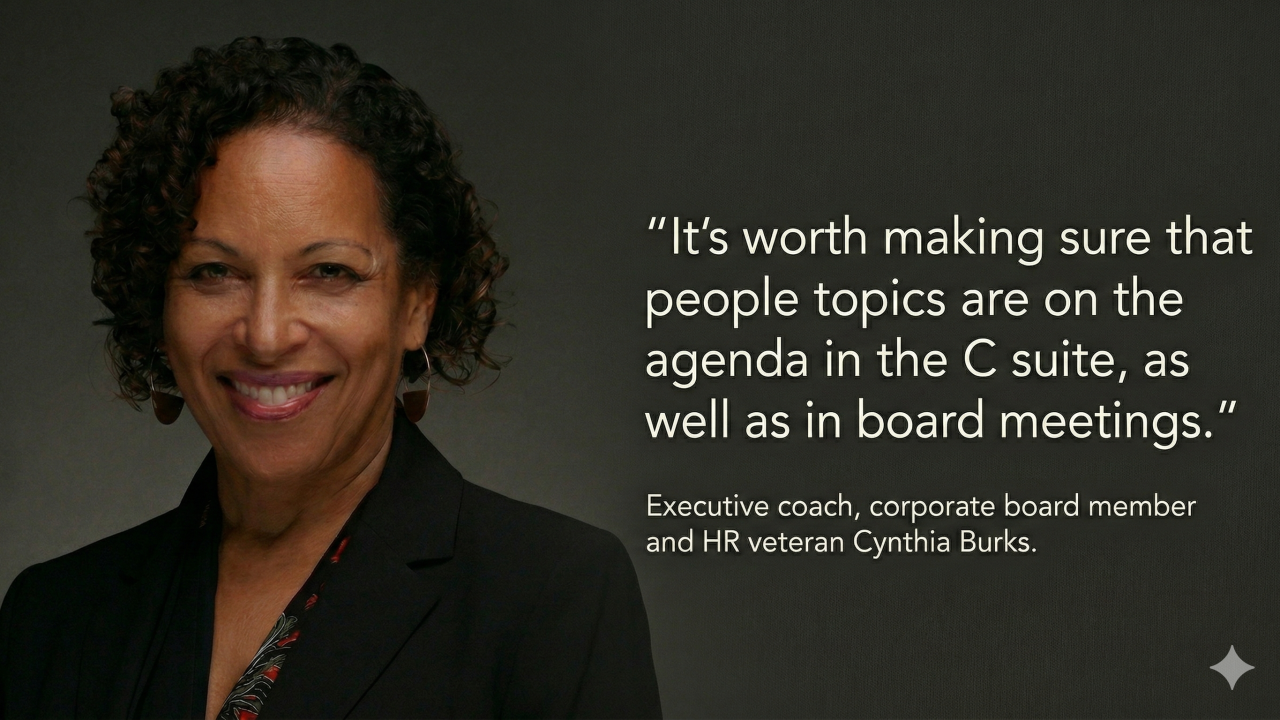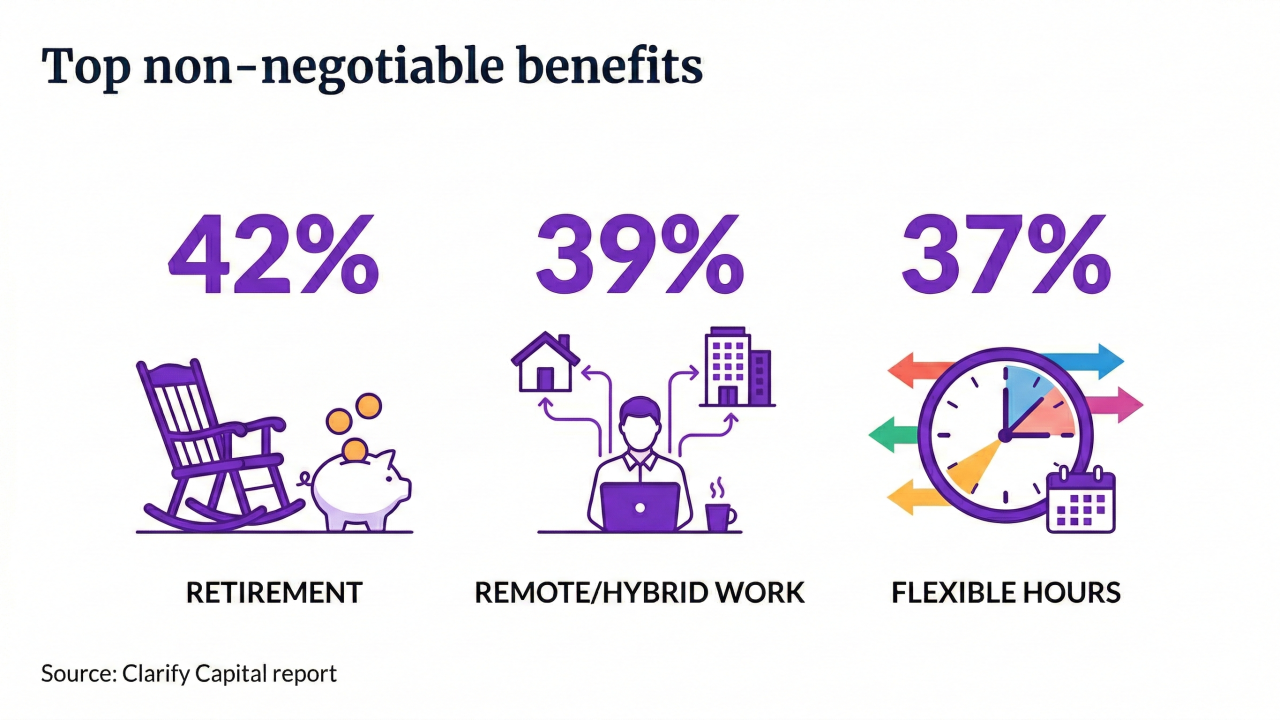It's no secret that many workers struggle to make ends meet, especially as inflation has driven the
Food company Chobani has increased its starting minimum wage to $20 per hour for all hourly, full-time manufacturing and corporate workers, surpassing D.C., which boasts the highest government-prescribed minimum wage in the country, of $17 per hour. This is the second minimum wage bump Chobani has implemented in the last three years; in 2020, the company increased its minimum wage to $13 per hour.
"We thought it was the right time to raise our minimum wage," says Shari Eaton, chief people officer at Chobani. "We have great people, and we want to make sure that we're continuing to incentivize our folks to stay and build rewarding long-term careers here at Chobani."
Read more:
This change comes alongside their new partnership with WeeCare, a childcare network, to offer easy access to providers, as well as a $1,200 annual stipend for childcare expenses. Eaton emphasizes that none of these changes are random — her team surveys their workers constantly to see what's missing from their
"When we consider benefits for Chobani, we are looking at our teams as a whole," says Eaton. "Whether it's our corporate employees, our sales employees or our manufacturing employees, we really try to respond to what the needs are throughout."
Still, in a country with social safety nets and climbing prices (the rate of inflation is slower this year, but costs are still going up), it seems like wages can never keep up. On a national level, $20 per hour may not even be a livable wage, depending on the size of one's family. According to the Massachusetts Institute of Technology's living wage calculator, a family of four in the U.S. would need both parents to make $25.02 per hour to afford food, childcare, healthcare, housing and transportation, among other necessities. This totals to $52,042 per year, per person.
Read more:
And while workers in the U.S.
And yet, Chobani's wage hike outpaces anything the government has required, as well as many companies within the food industry. ZipRecruiter estimates the average food factory worker only makes $15.76 per hour — and starting wages are likely lower.
Read more:
For Eaton, this wage bump represents Chobani's commitment to offering competitive pay and retaining their talent in a challenging economy. She is confident that by keeping their ears to the ground, the company will know when they need to make their next adjustment.
"Understand what your employees need," says Eaton. "If you have that understanding, then you will not only retain your employees but understand what candidates are looking for as well."






